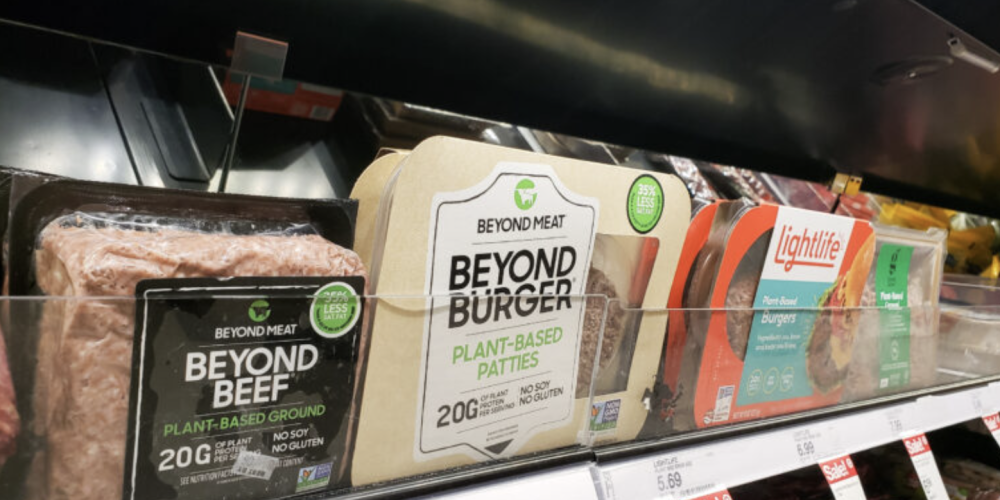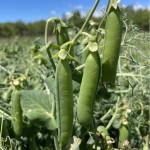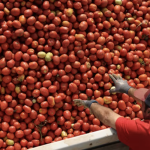Rising Concerns Over Ultra-Processed Foods in Diets
Added 4 months ago

Alternative proteins under scrutiny as consumers lean back toward natural options.
The arrival of the first generation of alternative meat and fish proteins has reignited debate about the health effects of ultra-processed foods (UPFs).
Speaking at the Anuga Food Fair in Germany, Tim Rees, global insights manager for Euromonitor International, noted that 57% of consumers worldwide are concerned about both the amount of UPFs they consume and their health impact.
UPFs are typically defined as products with five or more ingredients, often including additives, preservatives, emulsifiers, sweeteners, and artificial colors or flavours. Rees highlighted that alternative meat proteins are especially questioned due to their lengthy, unfamiliar ingredient lists.
Interestingly, consumption is not driven by price. Wealthier countries in North America, Western Europe, and Australasia spend the most on UPFs, while regions such as Latin America, Africa, Eastern Europe, and Asia-Pacific lean more toward fresh or minimally processed foods. In North America, over half (53.6%) of food expenditure goes to UPFs, followed by the UK and Australasia (around 42%). In contrast, India spends only about 5%, Egypt 7%, and Brazil 12%.
Taste, convenience, and affordability remain the top drivers for UPF consumption. Yet, a lack of cooking skills – particularly among millennials and Gen Z – compounds the issue. Research shows 22.3% of consumers feel they don’t have time to cook, 18.5% say they don’t cook well, 17.8% prefer to do other things, and 14% admit they simply don’t like cooking.
Breakfast cereals, baked goods, meat, and seafood are the categories most affected. Once marketed as healthy, breakfast cereals saw a consumer backlash against added sugars and carbs, with sales down 20% since 2019. UK manufacturers are now rolling out UPF-free cereals to regain trust. Alternative meat and fish products, while promoted as sustainable and ethical, are often costly and filled with additives – undermining their health credentials.
“Health was a big driver for their rise,” Rees said. “But once people looked at the long ingredient lists, they began to question whether these products were as healthy as claimed.”
The response has been swift: sales growth for artificial meat proteins, which peaked at 30–40% annually in 2020, has collapsed to negative growth in the U.S. and under 5% elsewhere by 2024.
Looking ahead, Rees forecast stronger growth in natural and organic foods. By 2029, organics are projected to expand 78% compared to 2019, while natural foods could surge by 103%.
Governments are also intervening. Colombia introduced a 20% tax on foods high in sugar, sodium, and saturated fats. Early results show sugar consumption dropped 46% between 2023 and 2025, with sodium down 26%, although saturated fat consumption saw little change.
Join the conversation
Be the first to leave a comment.
Leave a comment
All comments are reviewed before they are published on the website. Your email address will not be published.



Community Engagement and Knowledge Sharing Strengthen the Carbon Positive Project

Are We Changing Soil Carbon Yet? Three Years In, the Jury’s Still Out

Farewell to Trustee Phil Schofield – A Foundational Leader of the HBFFCT

